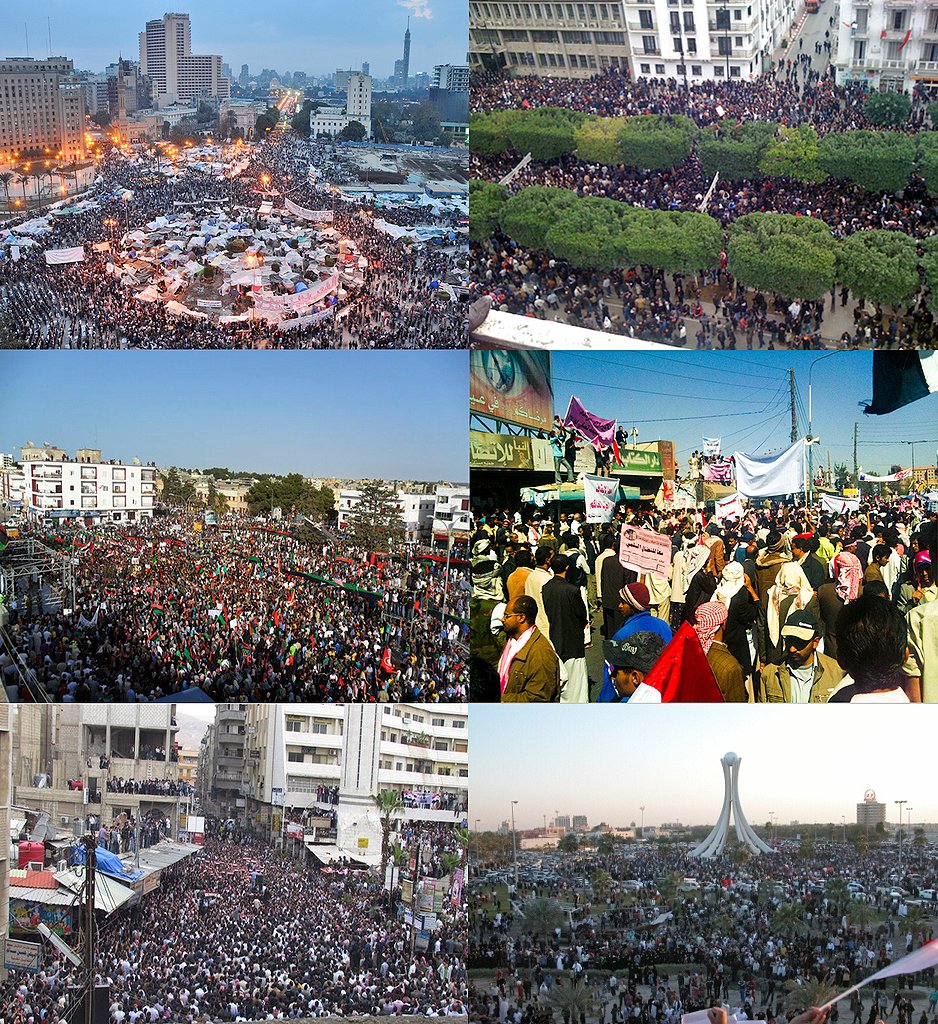In the speech Russian President Vladimir Putin delivered to the UN General Assembly on Sept. 28, his conclusion regarding the misfortunes that have befallen Syria and the entire Middle East was extremely harsh: there is and has been aggressive foreign interference.
The residents of that region, who had naively expected constructive social and political changes, have been cruelly deceived: «Rather than bringing about reforms, aggressive foreign interference has resulted in a brazen destruction of national institutions and the lifestyle itself. Instead of the triumph of democracy and progress, we got violence, poverty and social disaster. Nobody cares a bit about human rights, including the right to life», stated the Russian president.
An angry question has been unleashed on the world: «Do you realize now what you’ve done?» No, they don’t want to acknowledge anything… The president offered his warning, «I am afraid no one is going to answer that. Indeed, policies based on self-conceit and belief in one’s exceptionality and impunity have never been abandoned».
Putin’s diagnosis was unsparing: «It is now obvious that a power vacuum was created in some countries of the Middle East and North Africa through the emergence of anarchy areas, which immediately started to be filled with extremists and terrorists. Tens of thousands of militants are fighting under the banners of the so-called Islamic State. Its ranks include former Iraqi servicemen who were thrown out into the street after the invasion of Iraq in 2003. Many recruits also come from Libya, a country whose statehood was destroyed as a result of a gross violation of UN Security Council Resolution 1973. And now, the ranks of radicals are being joined by the members of the so-called moderate Syrian opposition supported by the Western countries».
No, this was not a verbal attack on the US and its European satellites. What’s more important today is to rid global politics of «color revolutions». After all, those who have awarded themselves the title of Victors of the Cold War have spent the last 25 years employing more than just crude military force… Soft power has been used too, and the banners of color revolutions that are flung out before the world have also become agents of that power (in addition to aircraft carriers).
«Velvet revolutions» in Eastern Europe… Then, an unremarkable coup in Tbilisi, Saakashvili overthrew Shevardnadze: the parliament was stormed by thugs with machine guns, and also… roses (they brought a few flowers from a market in Tbilisi). And so quickly the well-schooled global media paint a vivid picture for us: the «Rose Revolution»! Isn’t it beautiful?!

Now the challenge for the next few decades is to find just the right colored banner that can be used to characterize the next coup. But regardless of the color chosen, that banner will always turn blood red. The Arab Spring is the most vivid example.
And so it began… on Dec. 18, 2010 riots broke out in Tunisia, and there were protests against that «bloody tyrant» Ben Ali, whose only «bloody crime» had been to dispel the flash mobs. The cynical, trite marketing of the Arab Spring was fueled by the genuine grievances of the «Arab street» and the multitudes of ordinary people. And the Middle East will remember for many decades how the Arabs got sold down the river, when they were pitted against Gaddafi, for example. Tables have recently been published that compare the scope and depth of the social programs run by the «Libyan dictator» with those in the «developed» world. Those comparisons are damning for the West.
It seems ideologically telling to me that throughout a speech that was largely devoted to the dramatic consequences of the decimation of Arab sovereignty, the Russian president never said the words «Arab Spring» – never parroting this pathetic notion dreamed up by American political marketers! There was a comparison with the «export of revolutions» – there was the phrase «criminals who already tasted blood» – «the perversion of Islam… power vacuum… areas of anarchy… terrorists» – all that was said. But he did not utter the phrase «Arab Spring». Fastidiousness keeps one from yet again touching that bloody banner that has been transformed into an ad poster.
While reading the Russian president’s speech I was reminded of yet another event related to the Middle East. Exactly five years ago, in October 2010, at a meeting of the youth organization of the Christian Democratic Union (CDU) in Potsdam, German Chancellor Angela Merkel acknowledged the complete failure of attempts to build a multicultural society in Germany. Precisely one day before, Horst Seehofer, the leader of the Christian Social Union (CSU) and the Bavarian state prime minister, had said, Multiculturalism is dead». And a month earlier, in September of the same year of 2010, a very public scandal erupted in Germany over the release of a book by Thilo Sarrazin, a former board member of the Bundesbank and a member of the Social Democratic Party of Germany (SPD) – Deutschland Schafft Sich Ab («Germany’s Self-Destruction»). Sarrazin wrote that the growing number of immigrants who do not assimilate culturally spells doom for Germany. And it does not matter who bears the blame for the fact that Germans and immigrants do not understand one another, the main problem is that this common ground does not and cannot exist!
Thanks to its location in Eurasia, in addition to many centuries of interaction with the East, Russia has an incomparably richer heritage when it comes to these issues, as well as far more formidable intellectual assets than those who have been forced to acknowledge the collapse of their multicultural experiment. Russia’s cultural and historical experience lies at the heart of Putin’s statement that «we know about all the problems and contradictions in the region».
The current refugee tragedy is forcing us to remember this. The words «collapse» and «Germany’s self-destruction» were being uttered even back when the Germans were for the most part only struggling with their Turkish Gastarbeiters, with whom they were quite culturally familiar. Iraq had already folded by then, but the flow of Middle Eastern refugees was still almost nothing in comparison with the current tsunami. And please note, these words – «collapse» and «self-destruction» – were said, as it were, «half an hour before the Arab Spring»: it would begin two months later, on Dec. 18, 2010, with riots in Tunisia…
So I want to say to the Germans: «You yourselves have acknowledged the failure of your multiculturalism and your inability to either understand or interact with Eastern culture… You have acknowledged that the peoples of the East remain as mysterious to you as Martians. But nevertheless you still teamed up with the Americans to explain to the Arabs that Mubarak was politically incorrect, Assad – a despot, and Gaddafi – a tyrant! Why?»










